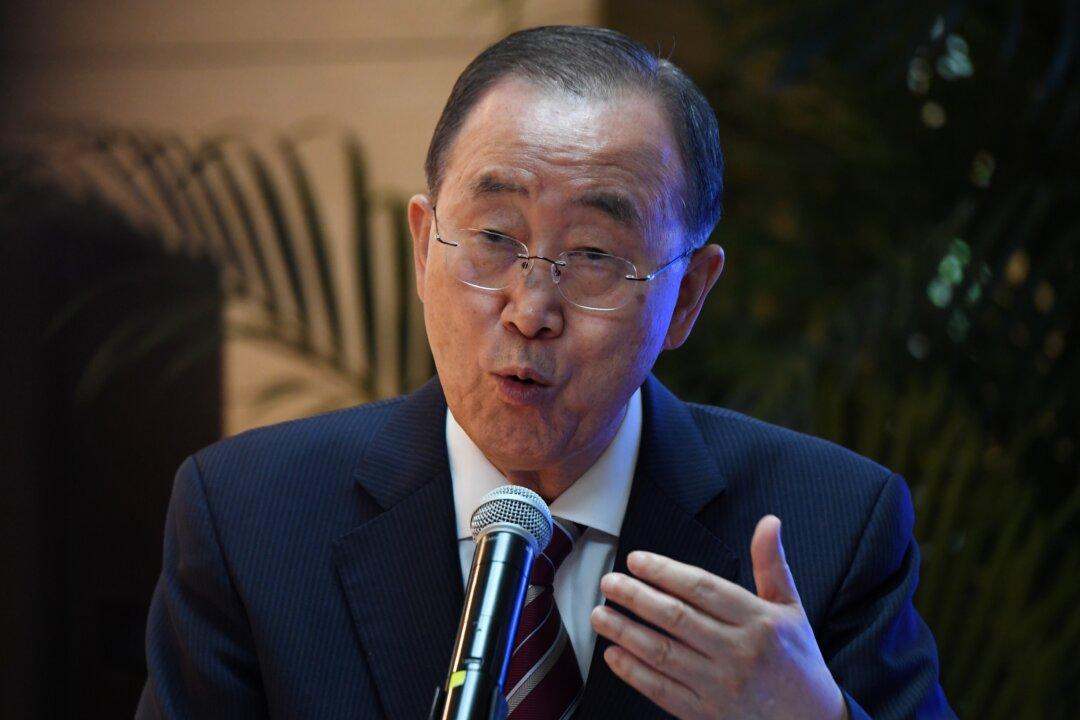Former UN Secretary-General Ban Ki-moon has put Australia on notice over what he claims is an inexcusable inaction towards setting strict climate change commitments.
Ban, a strong advocate for climate change efforts and who previously championed the globally-binding Paris Agreement, said he believed the lack of a net-zero target was at odds with an international emissions reduction movement.





